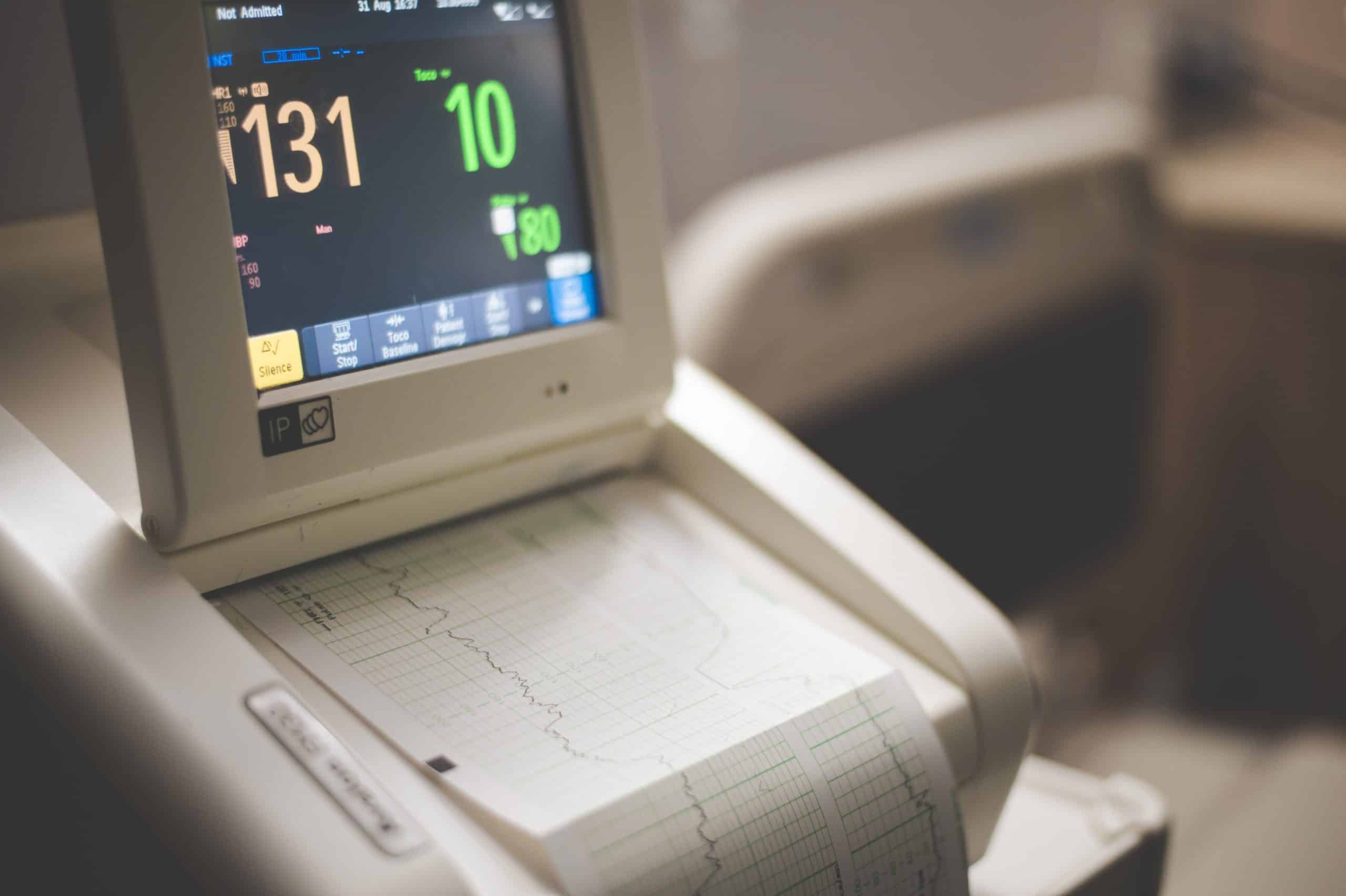The Covid-19 crisis forced Europe to confront its clear lack of long-term pandemic preparedness and coordination. It is to deal with this that AIOLOS (Artificial Intelligence Tools for Outbreak Detection and Response) was chosen after a Franco-German call for projects on the use of artificial intelligence technologies for risk prevention, crisis management and resilience. This call for projects was launched jointly by Bpifrance and DLR Projektträger, and supported by the French State and the German Federal Ministry for Economic Affairs and Climate Action.
“Up until now, no industrial coalition existed in Europe that allowed us to get together to discuss how we could emerge from the pandemic,” said Dr. Cédric Mahé, Associate VP and Global Head, Modeling, Epidemiology and Data Science at Sanofi Vaccines.
“AIOLOS aims to develop European economic and industrial resilience based on the example of France and Germany, by enabling the various players to understand the various potential epidemic scenarios, as quickly as possible, and to optimize their responses accordingly,” Dr. Cédric Mahé, Associate VP and Global Head of Modeling, Epidemiology and Data Science at Sanofi Vaccines.
The new platform will gather existing data and optimize their analysis, in real time, using artificial intelligence and predictive modeling techniques.
It is based on three systems. The first is an alert system that cross-references, among other things, pharmacy purchases, visits to family physicians and hospital admissions for respiratory syndromes, the indication on which the platform is currently focused. This is followed by the integration of data related to the strength of transmission of the virus, its evolution, and also vaccine effectiveness. These sources of information are then compiled and assimilated by the tool and are used to simulate a range of scenarios and suggest an appropriate response (redeployment of hospital resources, implementation of social distancing measures, launching of a campaign of vaccination, etc.).
The idea is not only to improve how businesses and States react to a pandemic (duration of social distancing or lockdown measures, impact on production and the operations of the business, etc.) but also to detect seasonal epidemics (influenza, bronchiolitis, etc.) that resurface after having been interrupted by any measures taken against Covid-19.
This Franco-German consortium will allow the comparison of two countries, two health systems and two naturally different policies. “Our goal is to create a tool that is not specific to one country but applicable, in the long term, to the whole of Europe,” Dr. Cédric Mahé stated. The proof of concept with the two initial countries will last two years.
In addition to Sanofi and the Fraunhofer Institute, the consortium includes four other French and German partners: CompuGroup Medical, Quinten Health, Impact Healthcare and Umlaut, a subsidiary of Accenture. Synergies are planned with HERA (Health Emergency Preparedness and Response Authority) and the WHO (World Health Organization).







